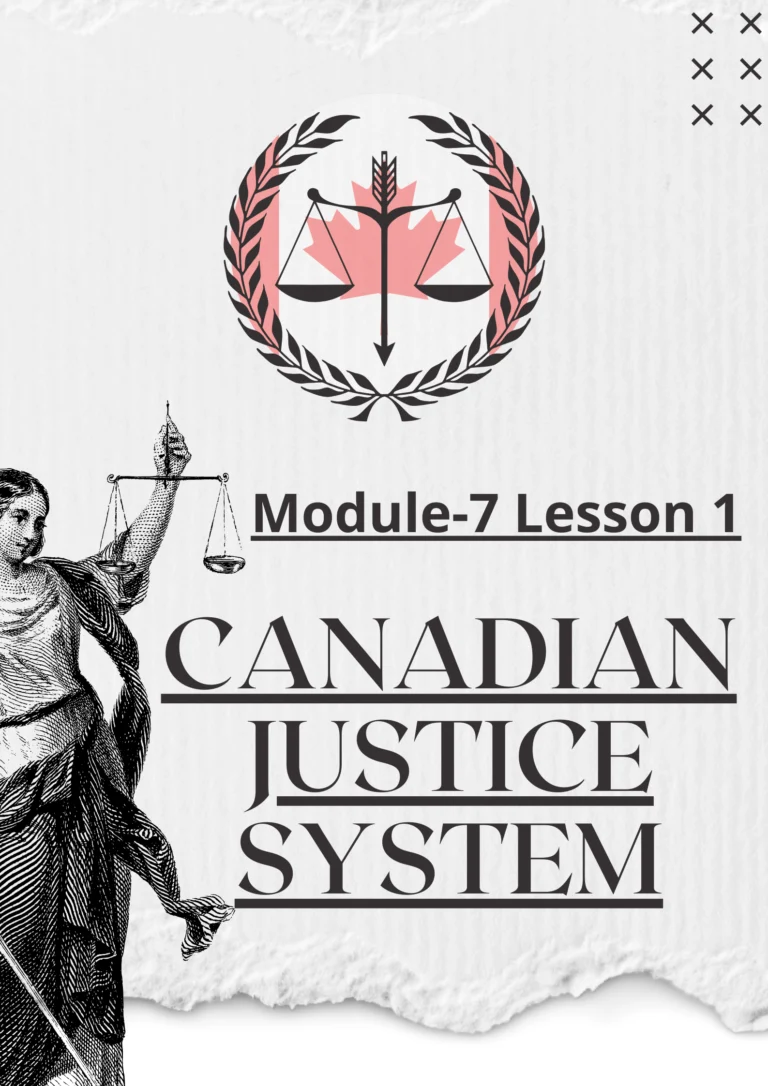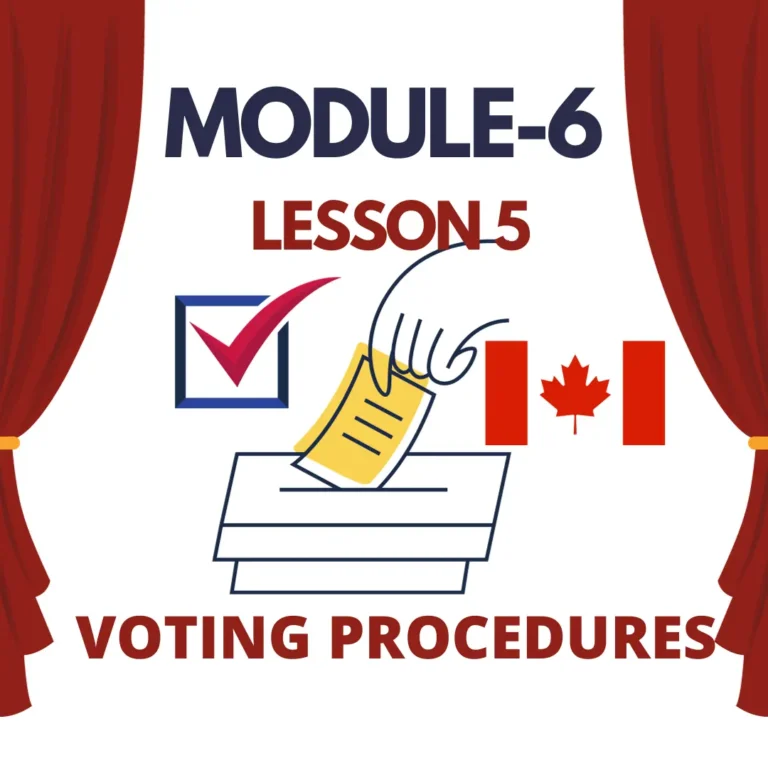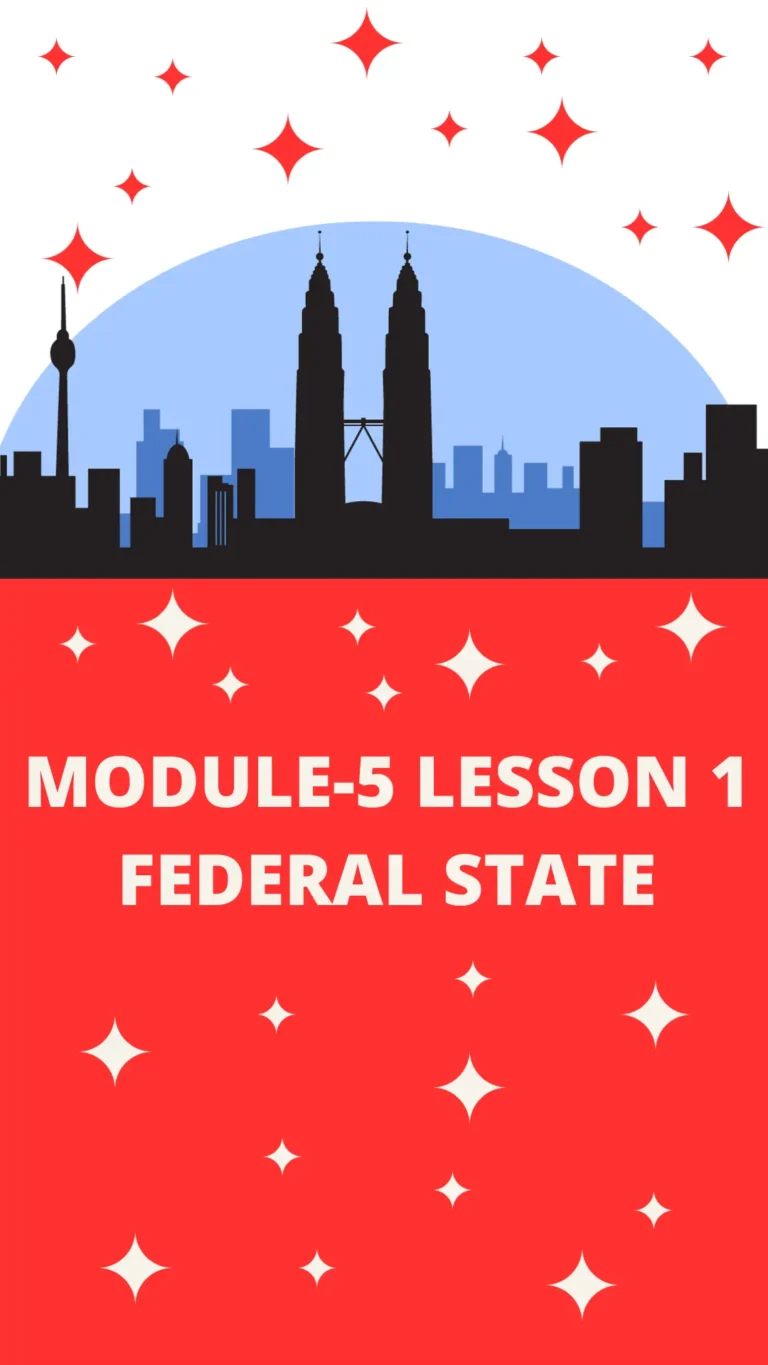Canadian Citizenship Test Practice 2
Embarking on the journey to Canadian citizenship is a significant step that requires a thorough understanding of the country’s history, values, and institutions. A crucial aspect of this process is the Canadian Citizenship Test, a written examination designed to assess applicants’ knowledge and readiness to become Canadian citizens. In this comprehensive guide, we will delve into the importance of Canadian Citizenship Test Practice, exploring various facets of the test, preparation strategies, and the resources available to ensure success in this pivotal examination.
The Significance of Canadian Citizenship Test Practice
- Introduction to the Test: The Canadian Citizenship Test is a pivotal component of the citizenship application process. It evaluates applicants’ knowledge of Canada’s history, values, symbols, institutions, and the rights and responsibilities of citizenship. A successful outcome in this test demonstrates a genuine commitment to becoming an active and informed Canadian citizen.
- Purpose of the Practice: Canadian Citizenship Test Practice is not just about memorizing facts; it is about understanding the essence of being Canadian. Regular practice allows applicants to familiarize themselves with the test format, refine their knowledge, and build confidence in answering questions accurately.
Canadian Citizenship Test Practice: What to Expect
- Diverse Question Topics: Canadian Citizenship Test Practice encompasses a broad range of topics, ensuring that applicants are well-versed in various aspects of Canadian life. Questions may cover Canadian history, geography, political institutions, cultural symbols, and the responsibilities associated with citizenship.
- Mock Tests: Engaging in mock tests is an integral part of Canadian Citizenship Test Practice. These simulated examinations replicate the real test environment, allowing applicants to assess their knowledge, identify areas of improvement, and refine their test-taking strategies.
- Time Management Skills: Canadian Citizenship Test Practice is not only about what you know but also how efficiently you can convey your knowledge within the given time frame. Practicing with time constraints helps applicants hone their time management skills, ensuring they can complete the actual test within the allotted time.
Strategies for Effective Canadian Citizenship Test Practice
- Study Schedule: Developing a structured study schedule is a foundational strategy for effective Canadian Citizenship Test Practice. Allocating dedicated time to cover different sections of the official study guide ensures comprehensive coverage of the material.
- Flashcards and Mnemonics: Create flashcards to reinforce key facts, dates, and names. Mnemonic devices, such as acronyms or rhymes, can aid in memorization and make the learning process more enjoyable.
- Engage in Mock Tests Regularly: Consistent practice through mock tests is essential for success. Regular engagement with practice tests not only familiarizes applicants with the question format but also helps build stamina for the actual examination.
- Focus on Weak Areas: Canadian Citizenship Test Practice should be targeted towards addressing areas where applicants feel less confident. Identifying weak points and revisiting corresponding sections in the study guide is crucial for a well-rounded preparation.
- Join Study Groups: Collaborating with fellow applicants in study groups offers a unique perspective. Discussing and explaining concepts to others can deepen understanding and provide valuable insights.
- Stay Updated on Current Events: While historical knowledge is critical, staying informed about current events in Canada is equally important. Some questions may have contextual links to contemporary issues, and being aware of these developments enhances overall readiness.
The Role of the Official Study Guide: “Discover Canada”
- Comprehensive Resource: The official study guide, “Discover Canada: The Rights and Responsibilities of Citizenship,” is the go-to resource for Canadian Citizenship Test Practice. Its comprehensive coverage ensures that applicants have a solid foundation in Canadian history, culture, and civic duties.
- Regular Updates: “Discover Canada” is periodically updated to reflect changes in Canadian society, policies, and values. Ensuring you have the latest version of the guide guarantees that your Canadian Citizenship Test Practice aligns with the most current information.
Canadian Citizenship Interview Process: Beyond the Written Test
- Holistic Evaluation: While Canadian Citizenship Test Practice focuses on written knowledge, the citizenship application process includes a crucial interview component. During the interview, a citizenship official assesses language proficiency and verifies information provided in the application. This one-on-one interaction ensures a more holistic evaluation, emphasizing effective communication skills.
- Integration of Language Proficiency: The interview process further integrates language proficiency evaluation, emphasizing the importance of effective communication. Applicants are expected to demonstrate their ability to articulate thoughts and ideas in either English or French.
Online Resources for Canadian Citizenship Test Practice
- Accessibility and Usefulness: The digital age has brought forth a wealth of online resources that significantly enhance Canadian Citizenship Test Practice. These resources, ranging from official government websites to educational platforms, offer accessibility and usefulness for applicants seeking to tailor their study approach to their preferences.
- Practice Tests Online: Numerous platforms provide practice tests online, allowing applicants to assess their readiness and become familiar with the digital format. These practice tests often mimic the actual examination conditions, offering a valuable experience.
- Interactive Learning Materials: Many online resources offer interactive learning materials, such as quizzes, videos, and forums. Engaging with these materials provides a dynamic and immersive learning experience, supplementing traditional study methods.
- Forums and Communities: Joining online forums and communities dedicated to Canadian Citizenship Test Practice can be invaluable. These platforms allow applicants to connect with others going through the same process, share insights, and seek guidance from those who have successfully navigated the test.
In conclusion, Canadian Citizenship Test Practice is not just a preparatory phase; it is an essential part of the journey towards Canadian citizenship. By embracing diverse topics, honing time management skills, and leveraging the official study guide alongside online resources, applicants can navigate the path to success. Canadian Citizenship Test Practice is not just about passing an examination; it is about internalizing the values, history, and responsibilities that come with being a Canadian citizen.





